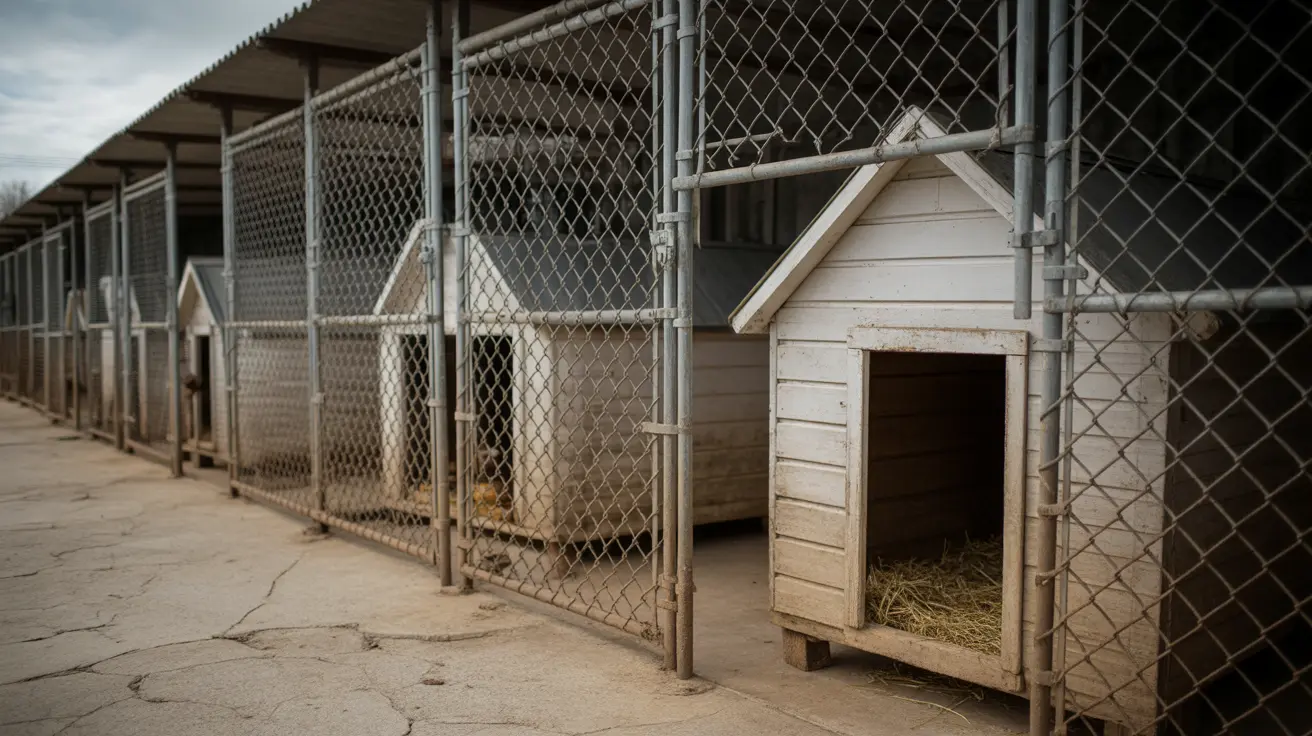Can Dogs Eat Butter? Risks, Recommendations, and Safer Alternatives
Butter may be a common household ingredient, but when it comes to canines, pet owners should proceed with caution. While
butter is not toxic to dogs, it is far from healthy. The high fat content, salt, and dairy components of butter can pose serious health risks to dogs, especially if consumed in large quantities or frequently.
Why Butter Isn't Safe for Dogs
1. High Fat Content: Butter is composed primarily of saturated fats. Dogs consuming even small amounts may develop
gastrointestinal issues such as:
- Vomiting
- Diarrhea
- Abdominal pain
- Bloating
- Loss of appetite
2. Risk of Pancreatitis: High-fat foods like butter can lead to
acute pancreatitis. This is an inflammatory condition affecting the pancreas, especially in susceptible breeds like miniature schnauzers.
Signs of pancreatitis include:
- Repeated vomiting
- Severe abdominal pain
- Hunched posture
- Lethargy
- Fever
- Loss of appetite
These symptoms may not appear immediately, sometimes surfacing days after ingestion. In severe cases, veterinary intervention is essential.
3. Lactose Intolerance: Many adult dogs lose their ability to process lactose. Since butter is a dairy product, it can cause
intensified digestive upset in lactose-intolerant dogs.
4. Salt Content: Salted butter brings an added risk. Too much salt can lead to:
- Dehydration
- Increased urination
What Happens If a Dog Eats Butter?
The severity of symptoms largely depends on
the quantity consumed and
the dog’s size and overall health. For instance, a large dog eating a small pat of butter might show no symptoms, while a tiny dog could develop mild to severe gastrointestinal distress.
If your dog eats butter:
- Monitor for vomiting, diarrhea, bloating, or lethargy
- Remove any remaining butter or buttered food
- Ensure fresh water is available
- Offer a bland diet if mild symptoms occur
- Use probiotics or plain yogurt to ease stomach upset
- Contact a vet if symptoms persist or worsen
Concerns About Buttered Foods
Buttered snacks like popcorn or bread do not eliminate risks. In fact, they add potential hazards:
- Salt content in popcorn can exacerbate dehydration
- Unpopped popcorn kernels or wrappers may cause choking
- Spices or additives in buttered foods may be harmful
When to Call a Veterinarian
Always consult a vet if:
- Your dog has severe or persistent symptoms
- A large quantity of butter was consumed
- The dog ate a butter wrapper
- Butter contained additives like xylitol (which is highly toxic)
Better Alternatives to Butter
Instead of butter, offer dog-safe, low-fat treats. Healthy alternatives include:
- Carrot sticks
- Apple slices (no seeds)
- Plain unsalted popcorn (no butter)
- Lean meats (cooked and unseasoned)
What About Other Spreads?
Avoid giving dogs other high-fat spreads like margarine. Some
nut butters are safer in moderation, but always watch for harmful ingredients.
Safe in small amounts:
- Unsweetened almond butter
- Sunflower butter
Use caution with
peanut butter—only offer varieties that are xylitol-free and low in salt.
Long-Term Effects of Feeding Butter
Regularly feeding butter can cause:
- Obesity
- High cholesterol
- Heart disease
- Chronic pancreatitis
Veterinarians strongly recommend avoiding fatty table scraps and sticking to foods formulated for canine nutritional needs.
Preventing Accidental Butter Ingestion
To keep your dog safe:
- Store butter in the refrigerator or a sealed container
- Keep counter tops clear of temptations
- Teach “leave it” and other obedience commands
Conclusion
Though not toxic,
butter is not a safe treat for dogs. The high fat content, salt, and potential digestive complications make it an unnecessary risk. While an occasional small amount likely won't cause significant harm to most dogs, regular intake or ingestion of large amounts can lead to serious health issues. For your dog's best health, choose low-fat, dog-safe treats and consult your vet before introducing any new foods.





